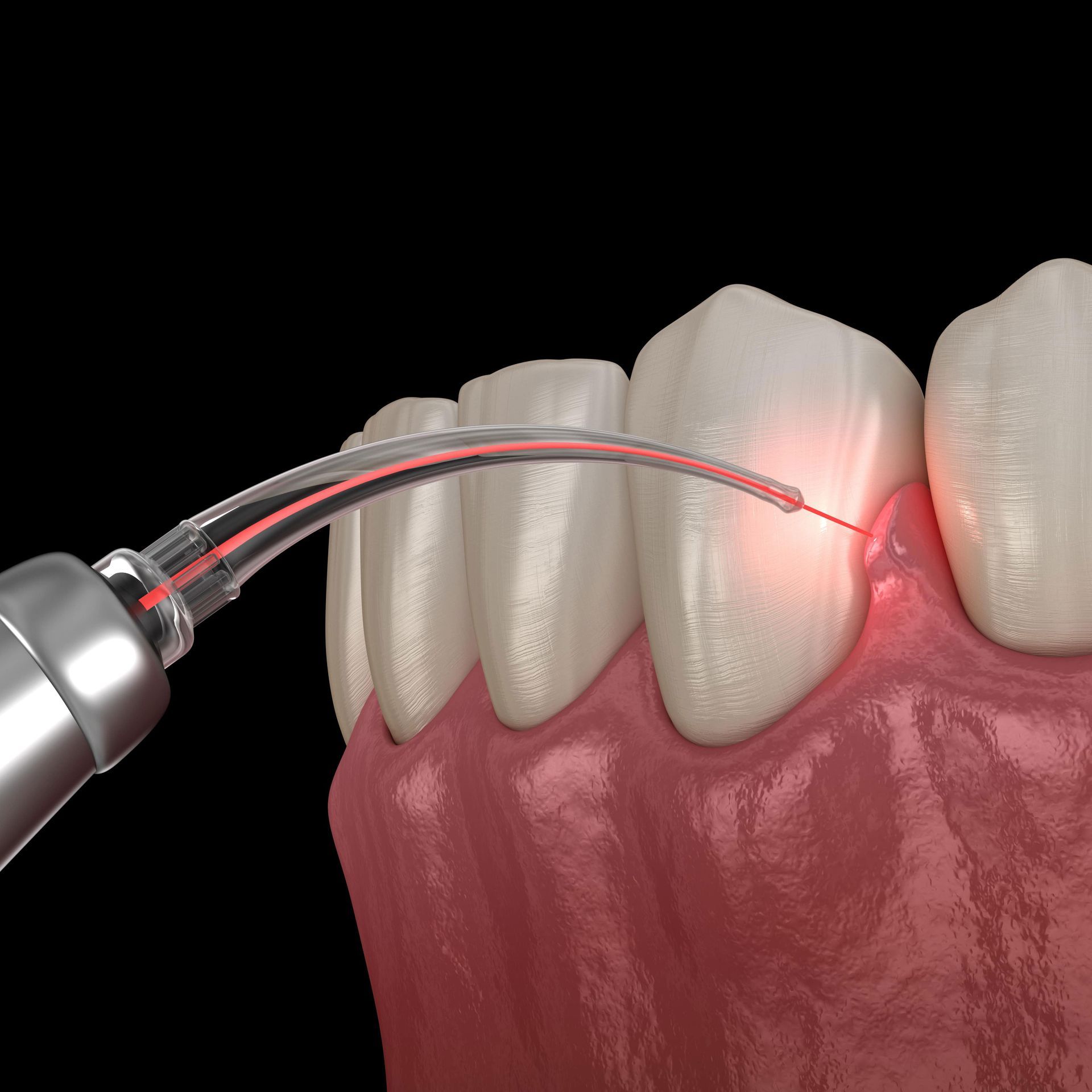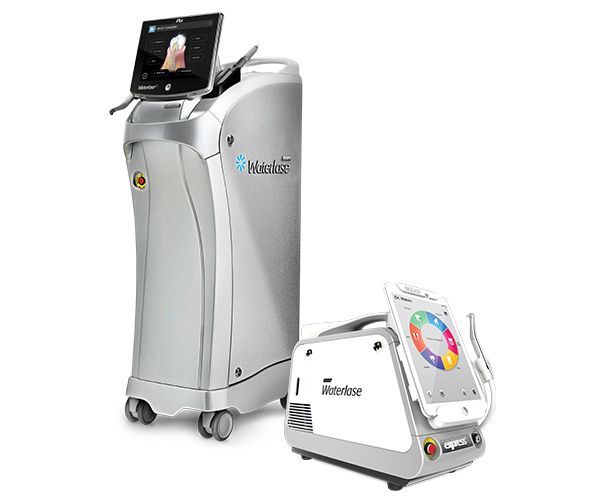
periodontics
experienced periodontist In Boca Raton, FL
Protect your gums and overall oral health with professional periodontal care at The Sindledecker Center, offering advanced treatments to prevent and manage gum disease in Boca Raton, FL.
periodontic SERVICES

LANAP
LANAP (Laser-Assisted New Attachment Procedure) is an advanced, minimally invasive treatment for gum disease. This innovative laser technology promotes healing while preserving healthy tissue and ensuring your comfort.
Waterlase MD™
WaterLase MD™ combines laser technology with a gentle water spray to perform precise, minimally invasive dental procedures. This tool ensures greater comfort, faster healing, and exceptional results.
astra tech implants
Astra tech implants are a solution for replacing missing teeth with superior stability and long-term success. Designed for optimal integration and comfort, they provide a natural look and feel.
arestin®
Arestin® is an antibiotic treatment used to fight bacteria and reduce inflammation in gum disease. Placed directly into periodontal pockets, it enhances healing and helps restore gum health effectively.

Frequently asked questions
What is periodontics?
Periodontics is a dental specialty focused on the prevention, diagnosis, and treatment of gum diseases and other conditions affecting the supporting structures of the teeth, including the gums and bone.
What are the signs of gum disease?
Common signs of gum disease include red, swollen, or bleeding gums, persistent bad breath, gum recession, and loose teeth. If you notice any of these symptoms, it’s important to seek treatment promptly.
How can gum disease be treated?
Treatment for gum disease varies based on its severity. Options include deep cleanings, antibiotic therapy, LANAP® laser treatment, or surgical procedures to restore gum and bone health.
Can gum disease be prevented?
Yes, gum disease can often be prevented with good oral hygiene, including regular brushing, flossing, and professional dental cleanings. Periodic exams allow us to detect and address any issues early.

WHAT MAKES THE SINDLEDECKER CENTER DIFFERENT?
Explore our comprehensive dental services designed to meet all your oral health and aesthetic needs. From preventive care to advanced cosmetic and restorative treatments, we’re here to help you achieve your healthiest, most confident smile.

40+ Years of Expertise
Four decades of trusted care and exceptional results.

Cutting-Edge Technology
Advanced tools for precise, efficient treatments.

Attention to Detail
Flawless results through meticulous care.

Patient-Centered Care
Customized treatments to fit your unique needs.





